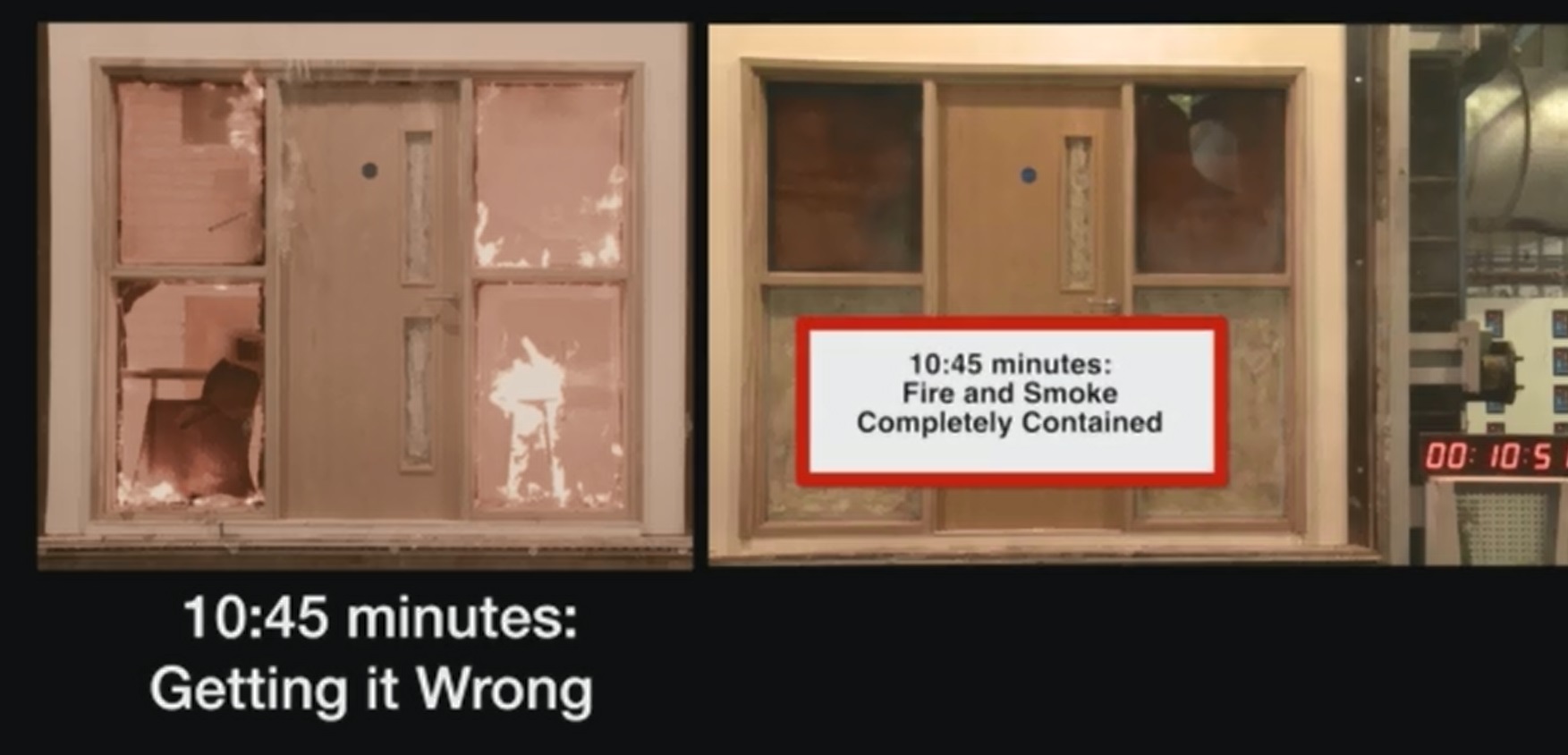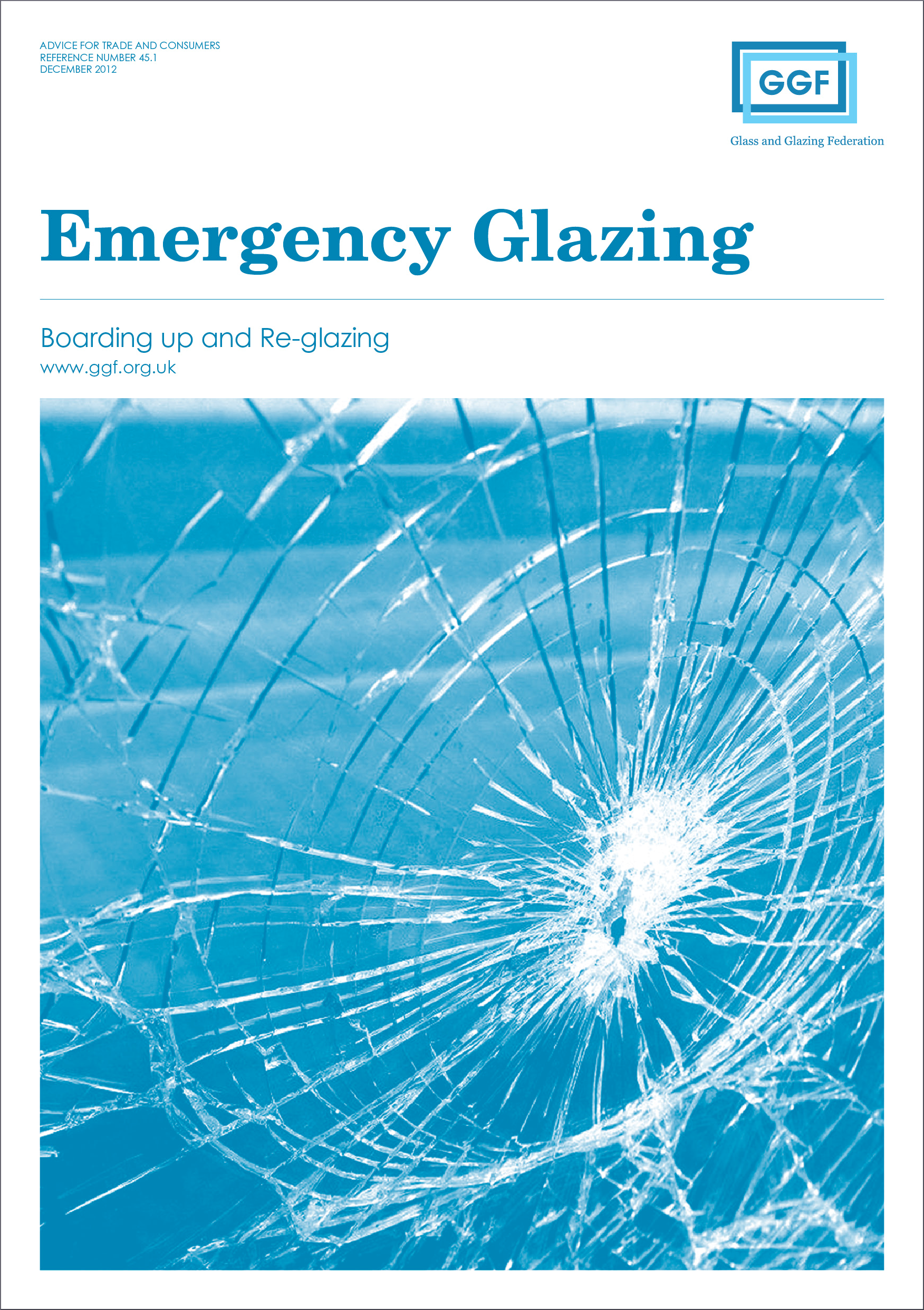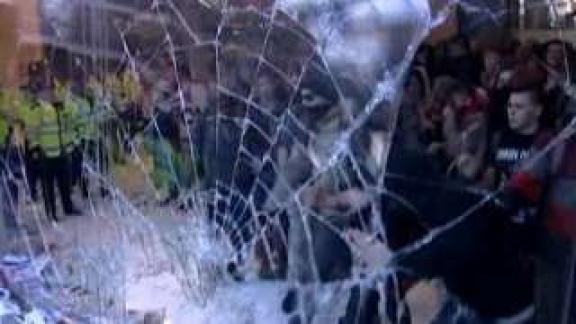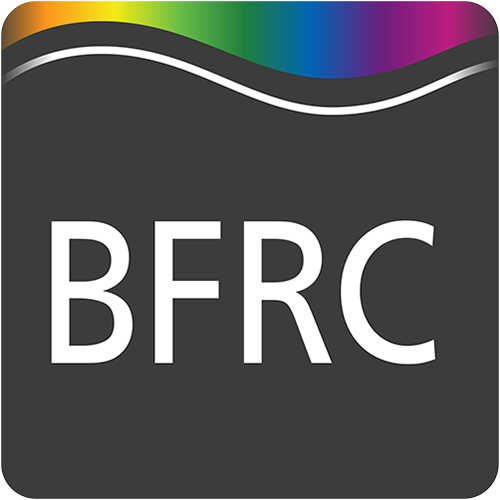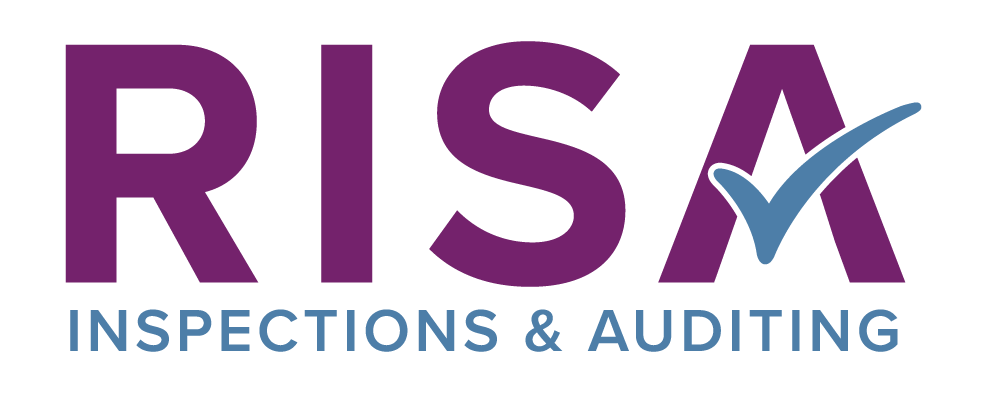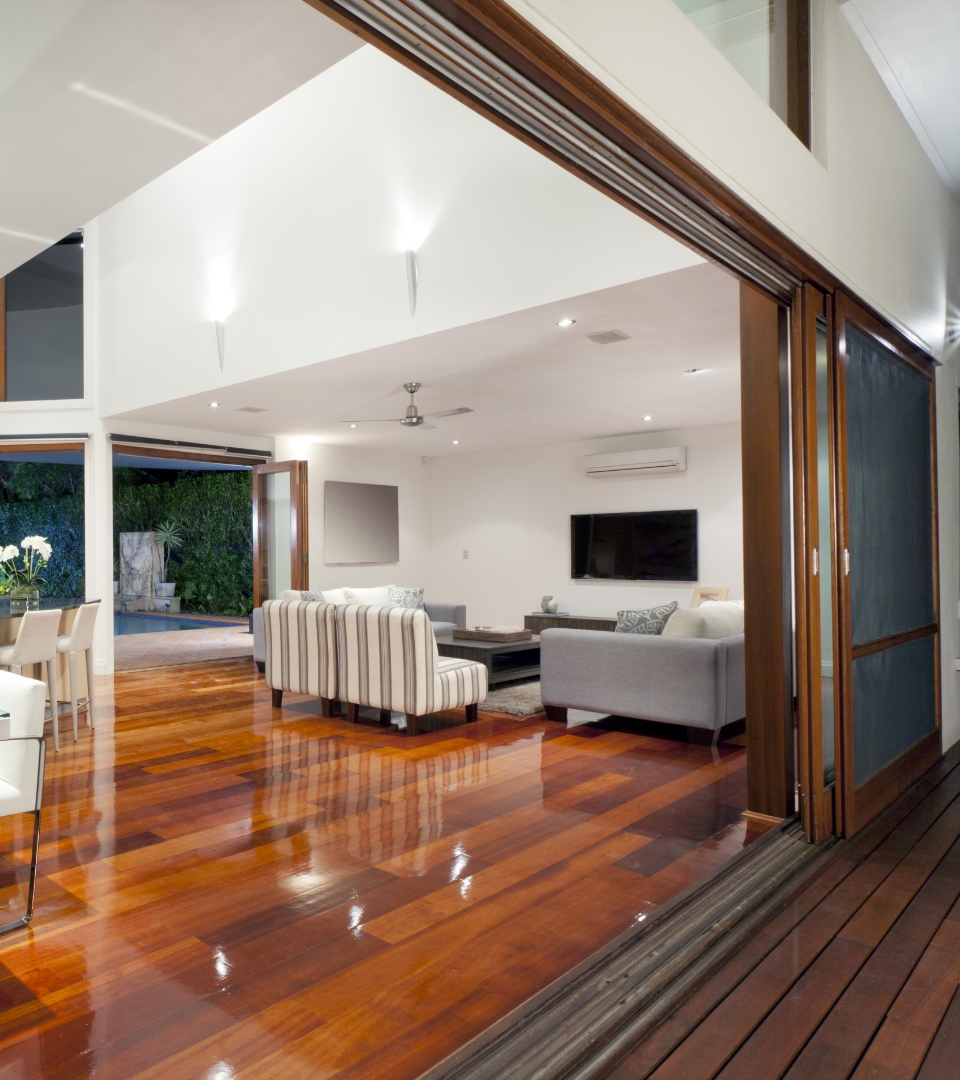As part of the GGF’s “Training the Industry” programme, all specialist glaziers and installers who work with fire resistant glazing systems are encouraged to book their places with the first course taking place on 27 February at the GGF Offices.
This Fire Resistant Glazing Training course covers the theoretical knowledge required to work alongside practical experience. The course will provide glaziers with the highest quality knowledge and information on fire safety covering both products and installations. The course is also aimed to empower successful candidates with the knowledge to explain to others on site the importance of the correct selection and installation of fire resistant glazing.
Adrian Blaydon, GGF Technical Officer and Secretary of the GGF Fire Resistant Glazing Group (FRGG) is leading the course and urged all companies responsible for the specification and installation fire resistant glazing to attend the course.
“This course is designed to give installers not only an appreciation of the function and importance of fire-resistant glazing but also the practical knowledge to properly apply and install fire-resistant glazing.”
The course contents will cover:
- The behaviour of glass in fire
- What is fire resistance?
- Types of fire-resistant glass
- Regulations and Responsibilities
- Importance of the glazed system
- Evidence of performance
- Product stamps
- Information available
At the end of the course, all attendees will be given a certificate of attendance for their own and/or their companies records.
Adrian summarised, “Following the tragedy of Grenfell Tower, it should go without saying that it is essential for installers to know how critical fire safety is, from our research we know that poor installation can lead to catastrophic failures, so ensuring installers are aware of best practice is key. If you feel you or your colleagues’ knowledge of fire resistant glazing is lacking, then I would advise that you book on the course as soon as possible.”
Fire Resistant Glazing Training
Course dates in 2019
27 February
30 April
12 June
18 September
Venues: GGF Accredited Training Centre, Southwark, London
Book your place here: https://www.eventbrite.co.uk/e/ggf-accredited-fire-resistant-glazing-training-tickets-55914036388
Find out more info here: https://www.ggf.org.uk/training/fire-resistant-glazing-training/
Download Fire Resistant Glazing Best Practice Guide here: https://www.ggf.org.uk/publications/fire-resistant-glazing-publications/

 Emergency Glaziers
Emergency Glaziers GGF Shop
GGF Shop MyGlazing.com
MyGlazing.com Find a GGF Member
Find a GGF Member